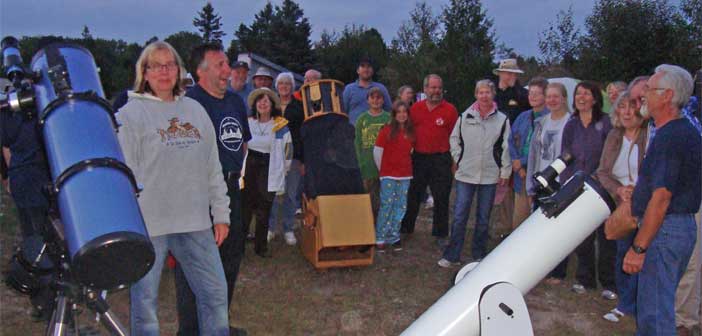One of Canada’s greatest artists is a Native Canadian superstar
To the Expositor:
Buffy Sainte-Marie is one of Canada’s greatest artists; she is a singer-songwriter, musician, composer, visual artist educator, social activist, and philanthropist. She is a Native Canadian superstar.
She has won recognition, awards and honours, from around the world for her music, her painting and her work in education and social activism. Her life of accomplishments is written up in Wikipedia (http://en.wikipedia.org/wiki/Buffy Sainte-Marie) and it is awe-inspiring.
With such a personal record of accomplishment, why is her music seldom heard on Canadian airwaves? Why is it few Canadians today have heard of Buffy Sainte-Marie?
Canadians take pride in the excellence of our many musician artists and we should all take pride in this native Canadian. Her songs and music have an endless relevance that must touch the soul of not only our aboriginal population, but to all Canadians.
Buffy Sainte-Marie is shown as having been born February 20, 1941 on the Piapot Cree Indian Reserve in the Qu’Appelle Valley, Saskatchewan. She never forgot her native roots and many of her songs are a cry for aboriginal justice. The noble inspiration found in the stand tall message of ‘Star Walker’ generates uplifting spirits and serves to uplift the self-image of the Indian nation.
‘Darling Don’t Cry’ should stir the hearts of all Canadians.
‘Listen to the Winds Blow,’ sung on Sesame Street where she was featured for five years, connects perfectly.
An early 1960s song written at the Purple Onion in Toronto’s Yorkville was ‘Universal Soldier,’ which became and remains an anthem for the peace movement.
In the 1970s, her music was blacklisted by the US Johnson Administration for her outspoken activism in raising awareness to Native injustice and peace. You may better understand why the authorities censored her music as you listen to a segment of oppressive American history in ‘Bury my Heart at Wounded Knee.’ It is as if that black listing was never removed. Surely, our mostly music radio can find play spots for such a Canadian musical genius and human talent.
Her repertoire crosses differing musical genres; witness the romantic sensuality in ‘Take my Hand for a While’ or her writing of ‘It’s Time for You to Go’ popularized by Elvis Presley but sung better by Buffet. She branched into western with ‘He’s an Indian Cowboy’ and many others.
Having lived my youth in Moose Jaw, Saskatchewan my sentimentalities are stretched when she sings ‘Qu’Appelle Valley Saskatchewan,’ or ‘Piney Wood Hills’ or for those who may have had their souls tormented by drugs ‘Cod’ine’ is meaningful.
Ron Brydges
Stanley Park



